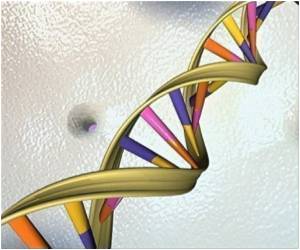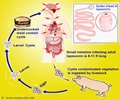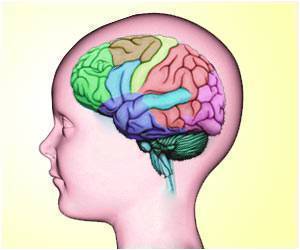Epilepsy is characterized by recurrent seizures that is present in many different ways. Sometimes, epileptic patients exhibit a progressive increase in both frequency and severity of seizures.

They found that increased methyation corresponded with a decrease of adenosine (ADO), which is a known anticonvulsant. The authors used bioengineered implants to transiently deliver ADO to the brains of epileptic rats. Targeted ADO delivery to the brain reversed DNA hypermethylation and resulted in a decrease in seizures and prevented epilepsy progression.
These data indicate that therapies aimed at reducing DNA methylation in the brain have potential for the treatment and prevention of epilepsy.
Source-Eurekalert















